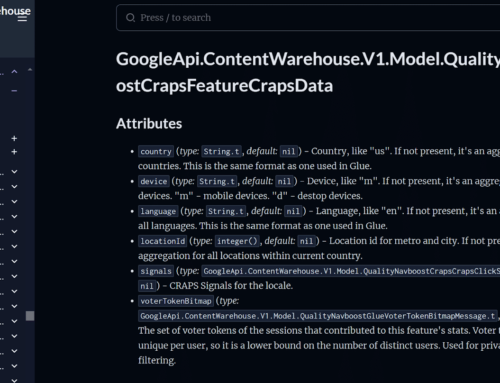1. Embracing Complex Clusters
Search algorithms are constantly evolving and, in 2018, they are as smart as ever. Search engines are now able to recognize connections between search queries.
This has great implications for traders. Gone are the days when the researcher typed simple keywords. Today’s searches are complex, forcing Google and other search engines to connect the dots.
For example, if you type “Film on Clown Doctor” in Google, the first result will be the film Patch Adams, despite the fact that there is no overlap in search terminology. Takeaways: Search engines are incredibly intuitive. Google recognizes exactly what the researcher wants, without the researcher explicitly set out his question. Go ahead, try it for yourself!
Thematic clusters
At BlackCatSEO,our team of bloggers became aware of this change in behaviour. So they changed our blog strategy to focus on thematic clusters, instead of specific keywords.
To do this, they first identified the subjects to be prioritized. They then lined up our existing blog posts on the aforementioned clusters and generated tons of new content in those clusters. Finally, they built internal and external links to every opportunity available, creating points of connection between content sharing the same cluster of topics. In doing so, we report to search engines exactly how the parts fit together. While it can take a long time to rearrange your content, the gain is huge.
2. Prepare a response for the target query
Let’s take the example of Patch Adams once again. If you type “film on doctor clown” in Google, you will see a small box with a short answer summarizing the premise of the film just below the search bar. There is no need to click on a link to see the answer; Instead, Google makes it easy to get information at first glance. This answer box is a featured excerpt. And if you don’t use your blog to optimize selected excerpts, start now.
Here’s the incentive: Google extracts the selected excerpt from one of the pages listed on the first page of search results, but the selected excerpt doesn’t have to be in link No. 1. It’s a huge opportunity to get content that’s not in the front row to actually appear above the top spot. Do you want to see a live example? Look for “Let’s get meta” in Google, and see for yourself.
To identify content that is suitable for selected excerpts, Google frequently offers answers to questions “Who, what, when, where, why and how”. If you think your content answers any of the questions mentioned above, prioritize writing a golden answer, and you can just see your content sitting just below the search bar.
Voice search
Another key reason for prioritizing content snippet is voice search. As voice search is poised to become 50 of all mobile searches by 2020 – a prediction by Google and Bing – the selected excerpts are now being used as a trigger response by virtual assistants. So, as the search evolves, you should too.
3. Review out-of-date blog posts
There are a number of benefits to creating new content like having additional pages to index through search engines, providing education to your curious users, and it’s a good way to stay relevant in your industry. However, as any tenured blogger knows, new posts may take some time to develop. In fact, it is often slightly older posts that generate a lot of traffic because they have had time to develop authority.
One of the most effective strategies HubSpot’s blogging team is implementing to stimulate SEO is to historically optimize our old messages. Historical optimization is the process of reusing old messages and reusing them with up-to-date, better-quality content, keywords and links. By leveraging your existing search authority on these publications, search engines will reward your freshness, resulting in an increase in new visits to your content.
Do you know how search engines determine rank?
We surveyed 295 people across Canada, asking the question “Do you know how search engines, like Google, rank the results you get after a search?” An astonishing 48 people said “no.” not wanting to be in that 48. If you don’t evolve with natural referencing, you risk losing key business opportunities to maximize brand awareness and generate leads. It’s time to understand, strategize and capitalize on invaluable SEO tactics – such as blogs – that will propel your business to success in 2018 and beyond.










Leave A Comment